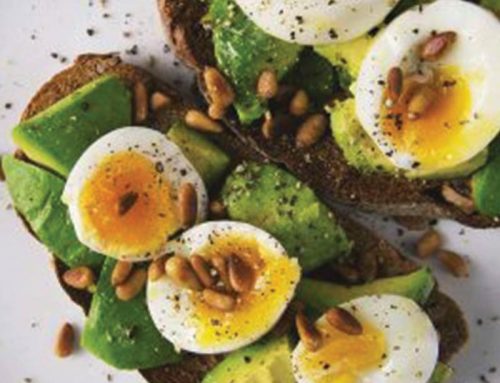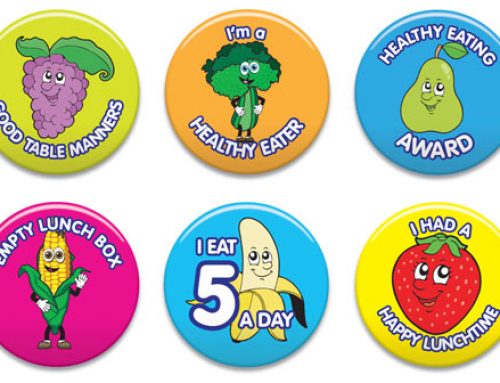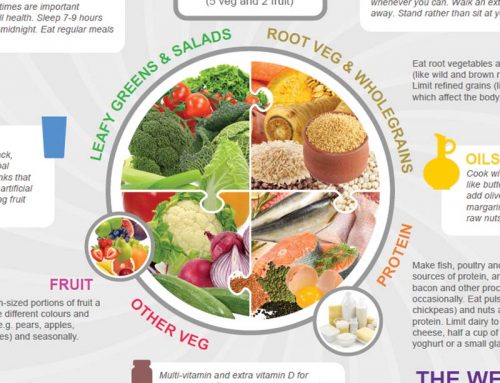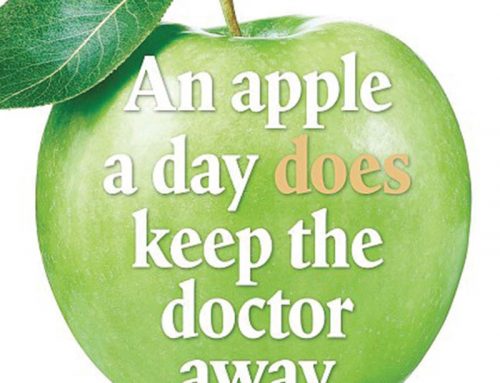Stop Making Excuses & Start Losing Weight
A challenge with a twist! Do you make excuses in order to justify making unhealthy food choices? e.g. It’s only a small piece, I’ll make up for it tomorrow, I’m too tired to cook, there’s nothing else to eat, I’ve had a stressful day, I’ll start fresh on Monday, ….I know I have a tendency to do this particularly when I’m tired or busy! Whilst it’s perfectly ok to treat ourselves to foods we enjoy and allow ourselves to overindulge from time to time, it’s important to keeps things in an 80:20 balance if we want to look and feel our best i.e. make healthy food choices at least 80 percent of the time and allow yourself to indulge a little the other 20 percent of the time. If you allow this to get out of balance you’ll likely gain weight and not feel great, I know this from personal experience and from working as a nutrition consultant for the last 8 years.
Who are you fooling?
For many of us trying to maintain a healthy weight, making excuses for why we cant stick to a healthy diet or exercise plan on a consistent enough basis is often our greatest barrier to long term weight management. It’s an exceptionally common form of self sabotage. We all do it from time to time, myself included, but I guess the question we need to ask ourselves is how often are you doing it? And, Is your ‘excuse making’ habit holding you back from looking and feeling your best and living your best life? This may sound a touch dramatic, but so many of us ‘put off’ doing things we’d like to do UNTIL we reach our weight/health goals…’I’ll book that holiday/join that club/go for that promotion/go swimming/feel happy WHEN … I’m slimmer/I’ve more energy/I feel confident enough…blah blah…you get the gist…
Take Back Control
The good news is that the solution to this particular form of self sabotage lies entirely within your own control. As with most bad habits, the first step to overcoming an ‘excuse-making’ habit is firstly to acknowledge that you do it in the first instance and secondly to recognize WHEN & HOW you do it so that you can CHALLENGE your own excuses and show them who’s boss! The 5 steps below will help you do this:

1)Recognize Your Own Excuses
Excuses usually start with ‘permission giving thoughts’. These thoughts often start with the phrase, “I probably shouldn’t eat this, but it’s ok because…
- It’s only a small piece
- I’ll make up for it tomorrow
- It won’t matter just this once
- I’ll burn it off
- I’m stressed
- I’m starving
- There’s nothing else to eat
- It’d be rude not to
- I’m celebrating
- It’s the weekend
- It’ll go to waste
- It’s free
- I’ve paid for it
- The label says Low Fat
- I deserve it
- I need it
- I’m tired
- I have PMS
- Everyone else is eating it
- I’ll start fresh on Monday/January
2) Write em down
Do any of these thoughts/excuses sound familiar to you? If so, write down the ones you’ve used in the past and/or are likely to use in the future. Seeing an excuse in writing helps you see it for exactly what it is….an excuse!. It also allows you the opportunity to reflect upon and challenge your excuses whilst in a rational state as opposed to when you’re in the craving moment and in an irrational state. So, the next time an excuse from your list pops into your head, part of your rational brain will recognize it for what it is even if you’re craving at the time and having irrational thoughts. As the saying goes, forewarned is forearmed.
3) Challenge your excuses
When we’re in the moment of really wanting to eat something, we often don’t think with our heads and use rational reasoning, instead we allow our taste buds and our emotions to do the reasoning for us. So, for example, convincing yourself that it’s ok to have a second chocolate croissant for breakfast because ‘it’s Sunday’, is not using rational reasoning.
Think of a common excuse you use to overeat/make less healthy food choices and challenge it:
- Will eating this help me reach my goal and desired outcome?
- Am I allowing my emotions to dictate my food choices?
- Has this rationale served me well in the past?
- Is there anything else I could do to comfort myself or feel good?
It can also be useful to come up with some helpful responses to your own excuses, write them down and refer to them when temptation strikes. Here’s an example
Excuse: I know I shouldn’t snack at night but I’ll just allow myself to enjoy it tonight and then I’ll stop doing it from tomorrow onwards!
Helpful Response: I know from experience that my ‘just for today/tonight’ excuse will lead to another and then another. Every time I give in and snack at night, I reinforce bad habits and am more likely to do it again tomorrow. Every time I resist and make a good choice, I reinforce good habits that will take me closer to my goal. Every good choice I make strengthens my willpower muscle.
Excuse: I’ve had a tough day, I need to relax and reward myself with a cup of tea and a big bar of chocolate bar
Helpful Response: I do need to relax but do I really need to eat a big chocolate bar in order to relax? Could I be satisfied and still feel good about my choice by having a smaller amount or a healthier alternative? Would reading a good book, watching a movie, going for a walk, meditating or having a bath help me to relax & feel good with an added bonus of taking me closer to my goal?
4) Create/Select An Eating Plan And Stick With It!
Pick an eating plan/style that is practical & sustainable for YOU and stick with it! Most of us know what healthy eating looks like but just struggle to do it consistently for all the reasons listed above! :)To overcome this you’ll need to do a little planning & organisation to put your healthy eating plans into action! I recommend planning out your meals in advance and stocking up on the ingredients needed so you have no excuse! If you fail to plan, you plan to fail! Some people do better with more structure and following an actual meal plan with recipes etc. If this is you, then check out my online nutrition & weight management programs for some inspiration & guidance that’ll help you change your eating habits and get lasting results!

5) Stay Accountable
Another way we commonly fool ourselves is by underestimating or ‘forgetting’ how much we’re actually eating in a day. You’d be surprised what our minds both naturally forget and conveniently forget when we don’t really want to remember. If this sounds like you, then I suggest you do yourself a favor and keep a daily food & drink log to help you monitor your eating habits.
Writing down everything you eat and drink including all the little extras you hadn’t planned to eat, forces you to be aware of exactly what you’re consuming and to be accountable for the consequences. It also helps you to see weak spots & solve problems that may be hindering your progress. In fact, several studies show that keeping a written record of what you eat increases the likely-hood that you’ll lose weight and keep it off -Why not increase your chances of success in anyway you can?
Elsa Jones is a qualified Nutritional Therapist & Author of Bestselling Book ‘Goodbye Sugar’. She offers 1:1 consultations in a Dublin Clinic & Internationally via Skype. She also offers online nutrition & weight management programs with practical & sustainable meal plans as well as mind-set tips on how to overcome emotional eating & cravings www.elsajonesnutrition.com






